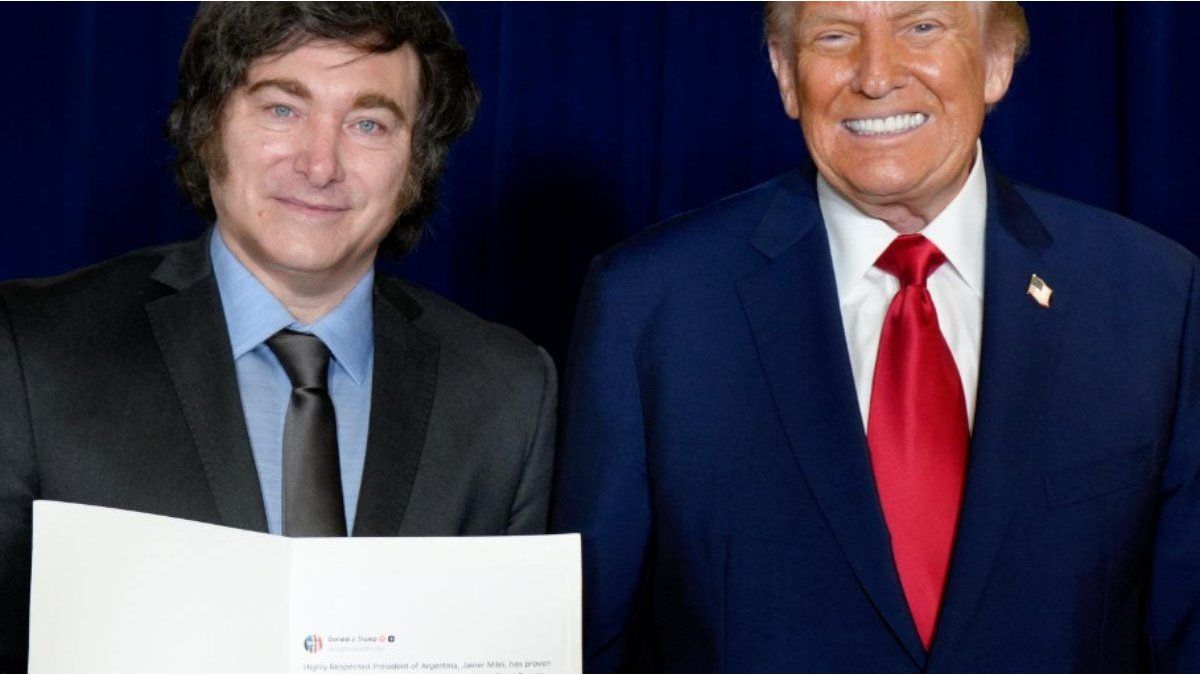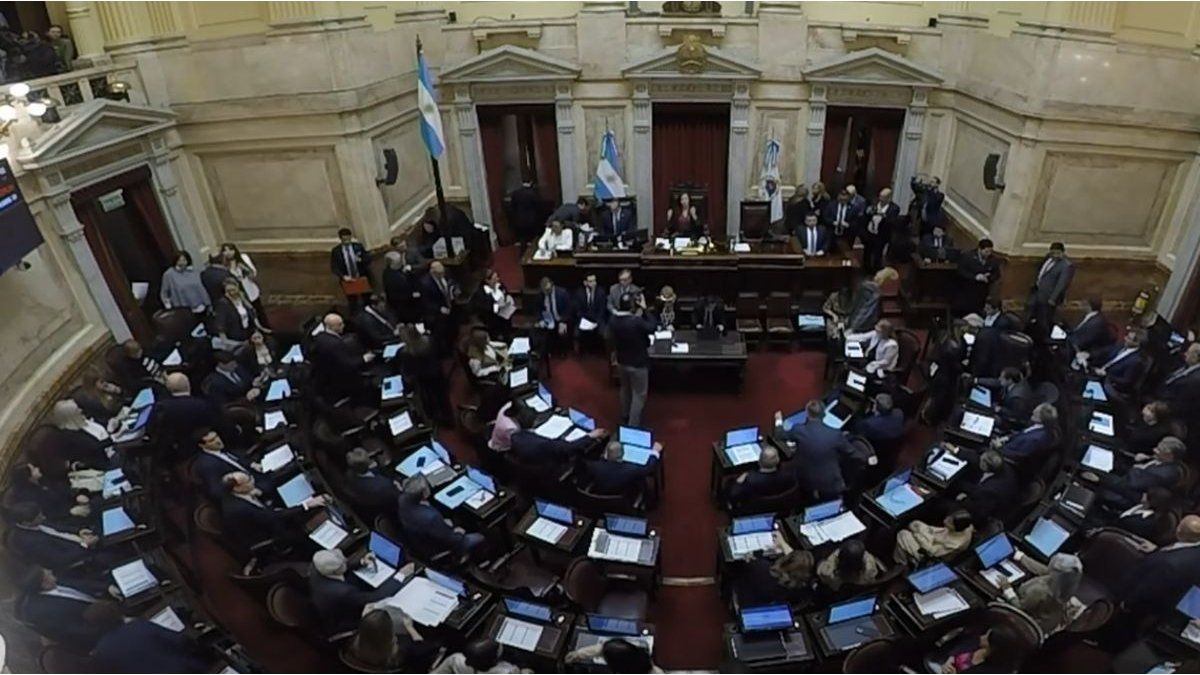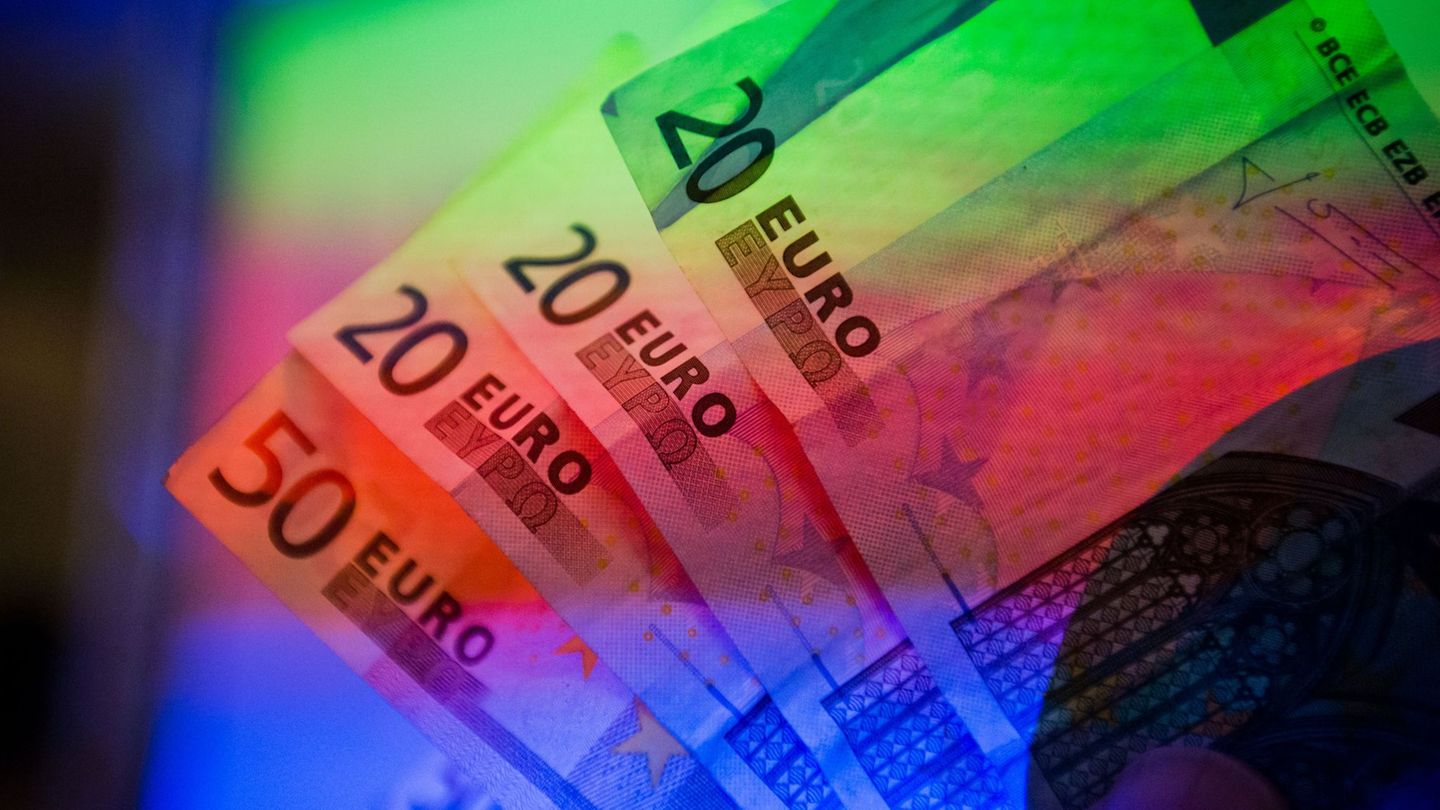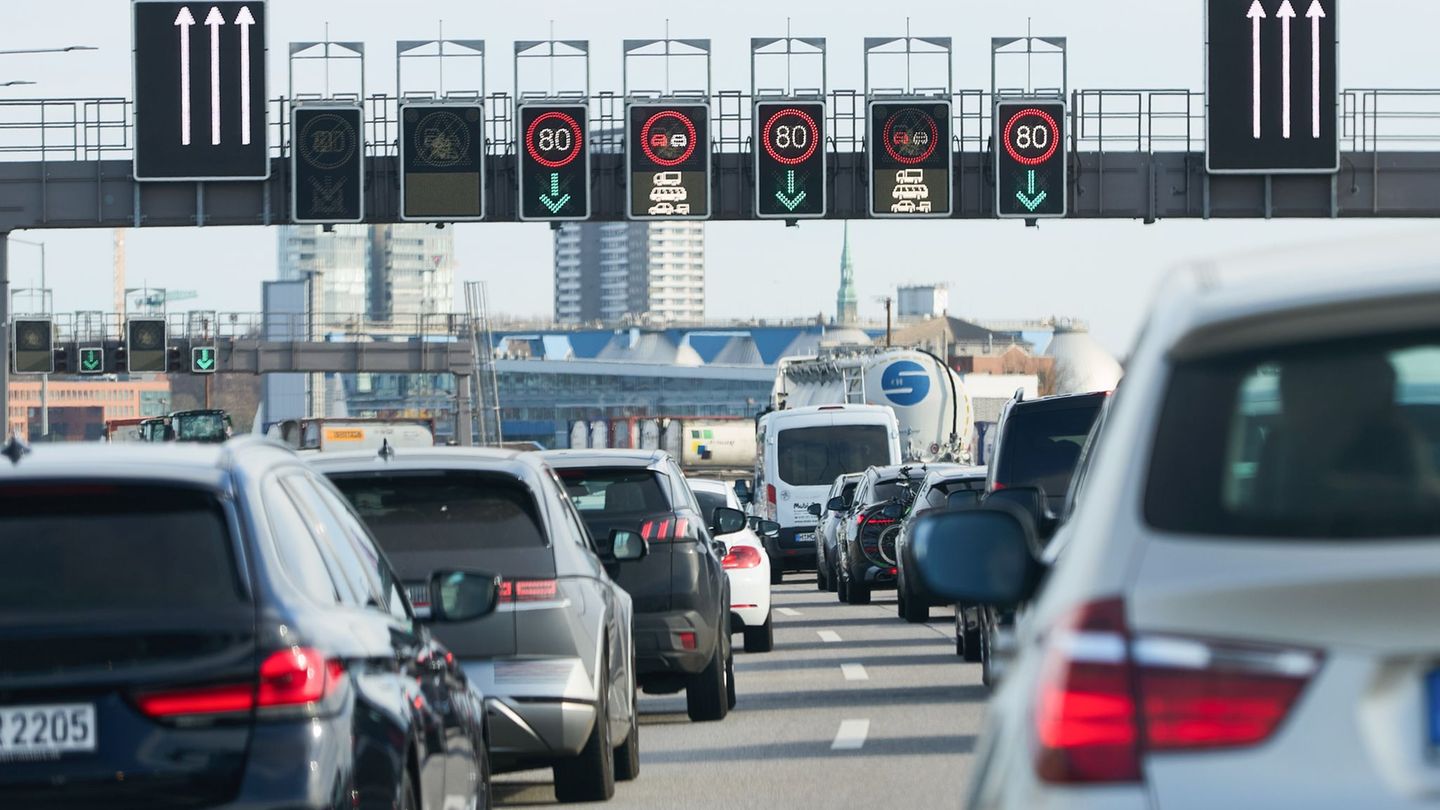Menu
Because of impending punishment: carmakers get more time for EU climate specifications
Categories
Most Read
European finances: EU auditors uncover irregularities worth billions
October 8, 2025
No Comments
Gustavo Weiss warned that US$25,000 million are lost per year due to the deterioration of infrastructure
October 8, 2025
No Comments
The IMF trusts that there will soon be decisions on financial aid to Argentina
October 8, 2025
No Comments
Construction improved 0.5% monthly in August, but remained at the same level as at the end of 2024
October 8, 2025
No Comments
The industry recorded a slight rebound in August after two consecutive sharp declines
October 8, 2025
No Comments
Latest Posts

This is who he wants to give US$20,000 million to
October 8, 2025
No Comments
After the friendly fire of the Republicans, the Donald Trump’s government continues to receive criticism for financial aid who negotiates with Argentina. This time, the

Former ARCA official warned that the new Criminal Tax Law could get bogged down in the Courts
October 8, 2025
No Comments
October 8, 2025 – 19:02 It is because the thresholds set by the project – with half a sanction from Deputies – to determine whether

European finances: EU auditors uncover irregularities worth billions
October 8, 2025
No Comments
AngelicaI am an author and journalist who has written for 24 Hours World. I specialize in covering the economy and write about topics such as
24 Hours Worlds is a comprehensive source of instant world current affairs, offering up-to-the-minute coverage of breaking news and events from around the globe. With a team of experienced journalists and experts on hand 24/7.

